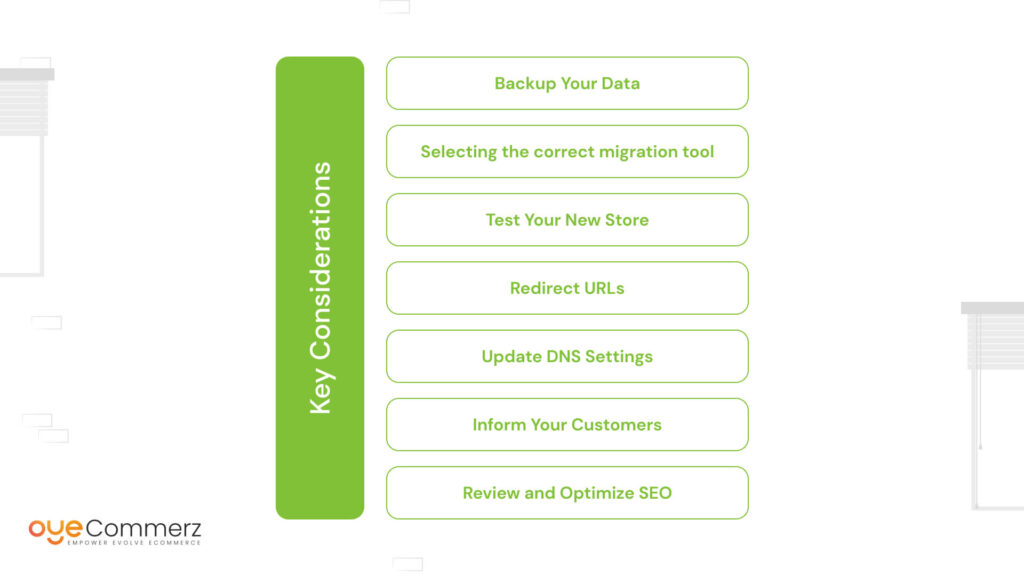In the dynamic sphere of digital commerce, choosing the right platform is crucial for your brand’s prosperity. If you’re currently using WordPress and planning a migration to an alternative, you’re not the only one. Many businesses are switching to take advantage of Shopify’s powerful features, simplicity, and scalability. This guide will walk you through the journey of migrating from WordPress to this platform effortlessly, guaranteeing that you realize your online retail potential.
Why Transition from WordPress to this platform?
Prior to exploring the migration journey, it’s crucial to know why this transition can be advantageous for your digital storefront:
Intuitive Design: Shopify offers an user-friendly interface that makes easier store management, making it easier for non-technical users.
Scalability: As your business expands, Shopify can handle higher visitors and sales without affecting efficiency.
Built-in Tools: Shopify provides built-in features for search engine optimization, analytics, payment processing, and more, reducing the requirement for numerous plugins.
Enhanced Security: With Shopify, you benefit from advanced security protocols that protect sensitive customer details.
Steps for a Seamless Migration
Migrating your digital shop from WordPress to Shopify requires several steps.
Here’s how to facilitate a hassle-free transition:
Outline Your Migration Strategy
Begin by drafting your migration blueprint. Identify which elements of your current site you want to move, such as:
Product data
Customer information
Transaction records
Articles
Choose the Right Migration Option
Based on your needs, select a WordPress to Shopify tutorial migration package that aligns with your eCommerce goals. OyeCommerz offers various options:
Starter Package: Perfect for compact stores with minimal products.
Standard Migration Package: Suitable for mid-range businesses with more complex demands.
Premium Migration Package: Excellent for high-volume advantages of Shopify stores needing custom customization.
Backup Your Data
Prior to initiating the migration, ensure that you have a comprehensive copy of your WP site. This action is critical in situations where anything goes wrong during the migration.
Export Your Information from WP
Leverage extensions or manual methods to extract essential content from your WP site:
Products
Customers
Orders
Content pieces
Upload Data into Shopify
After you have your content exported, utilize Shopify’s import tools or external apps to transfer your data into your updated store. Verify that all data is correctly structured and aligned.
Adapt Your Shopify Store
After migrating information, adjust your Shopify store’s design to align with your business goals. Think about working with a developer if you need advanced customization.
Configure TransactionOptions and Delivery Settings
Arrange billing solutions and delivery choices in Shopify to create a user-friendly checkout experience for customers.
Apply SEO Guidelines
To preserve your online visibility during the migration:
Implement 301 link updates from previous URLs to new ones.
Revise metadata.
Enhance images and content for better ranking.
Review Your New Store
Ahead of launching, extensively check your migrated store. Check for any broken links, payment processing issues, or untransferred content.
Go Live Your Site
Once everything is in order, it’s the moment to publish! Inform the transition to your customers and invite them to explore the enhanced features of your Shopify store.
Post-Migration Support
Even after launching your updated store, ongoing assistance is key. Think about working with experts who can help with:
Technical support
Promotional campaigns
Enhancing features
Conclusion
Migrating from WP to this platform can be a transformative decision for your digital business. By following this guide and leveraging experts like those offered by dedicated providers, you can achieve a effortless transition that improves your digital storefront. Accept the opportunity and realize the potential of Shopify today!
